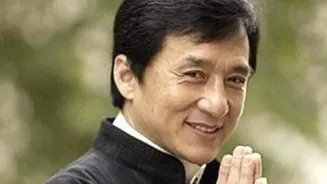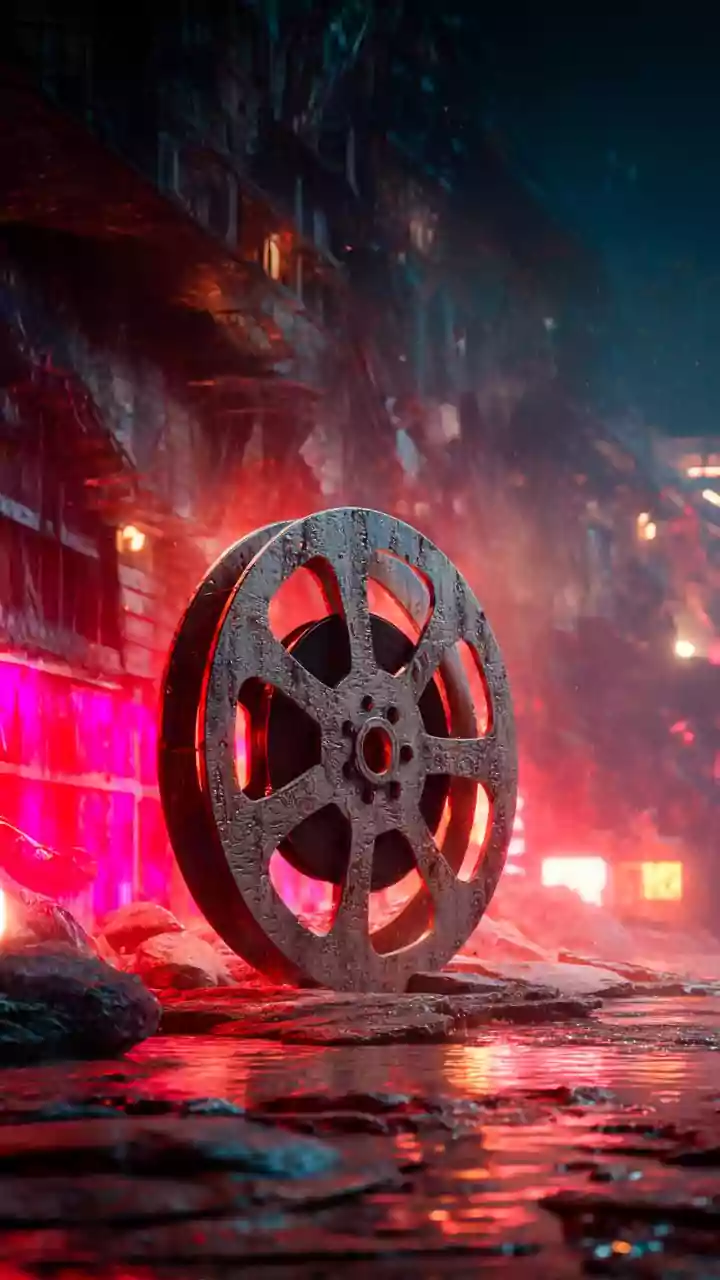Jackie Chan isn’t just a legendary action star, he’s also someone who’s seen the film industry from both sides of the world. Having dazzled audiences for decades with his signature blend of martial arts
and comedy, Chan knows what it takes to make a memorable movie. But recently, he shared some honest thoughts about how much harder it has become to create quality films in Hollywood these days. Speaking candidly at an event in Locarno, the actor revealed that making a good movie in today’s Hollywood landscape is “very difficult.”
Chan pointed out a shift in the priorities of major film studios, which he believes are now led more by business interests than by a passion for filmmaking. “A lot of big studios, they’re not filmmakers, they’re business guys. They invest 40 million and think, ‘How can I get it back?’ And you can’t go over. It’s very difficult to make a good movie now,” he said. Reflecting on this change, Chan compared current films unfavorably with older productions, stating, “I think the old movies are better than today.”
At 71, Jackie Chan’s career has been notable for successfully crossing cultural boundaries, especially between Asian cinema and Hollywood. His most recent Hollywood appearance was in Karate Kid: Legends, a martial arts drama directed by Jonathan Entwistle and released earlier this year. This film is the sixth installment in the Karate Kid franchise, which originally began with Harald Zwart’s The Karate Kid, where Chan portrayed Mr. Han, a Kung Fu mentor.
Chan views himself as “a cross-cultural bridge between the US and China,” a role that has defined much of his work.
Chan revealed at Locarno that he nearly gave up on Hollywood in the early 2000s due to difficulties connecting with American audiences and dissatisfaction with the scripts he was receiving. “Rush Hour. It was the last try. If it doesn’t succeed, then I finish,” he shared about the turning point in his career.
The 1998 film Rush Hour, directed by Brett Ratner, paired Chan’s character, Chief Inspector Lee, a Hong Kong police officer, with Chris Tucker’s Los Angeles detective, James Carter. The buddy-action comedy was a commercial success that led to two sequels in 2001 and 2006, establishing a popular franchise.
Despite budget limitations and logistical challenges during filming, Chan noted the production team’s resilience in creating memorable action sequences. “I think Rush Hour changed the culture,” he remarked.
A fourth Rush Hour film is currently in development after years of delay. Both Chan and Tucker are expected to reprise their roles. However, Brett Ratner is unlikely to return as director amid allegations of misconduct brought to light during the 2018 Me Too movement.
In 2014, Chan expressed caution about continuing the franchise. “I don’t want to do a rubbish script just because they want to make the movie,” he stated.


















